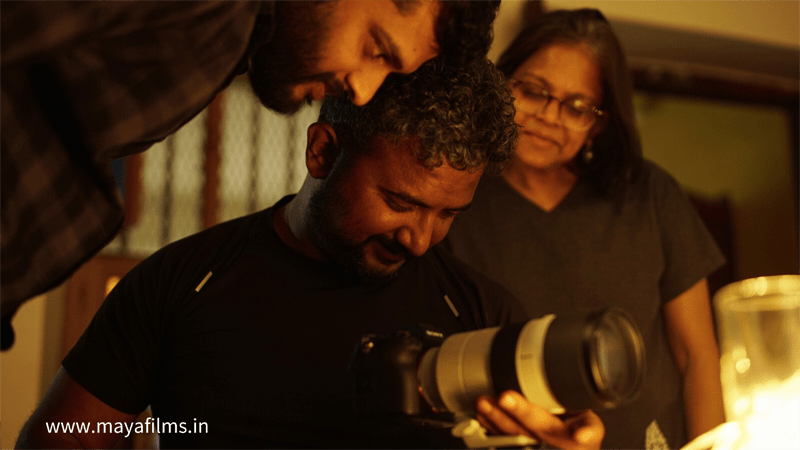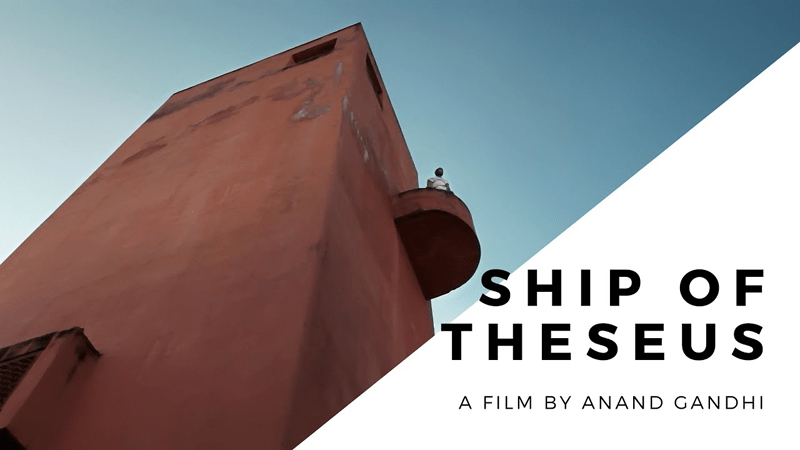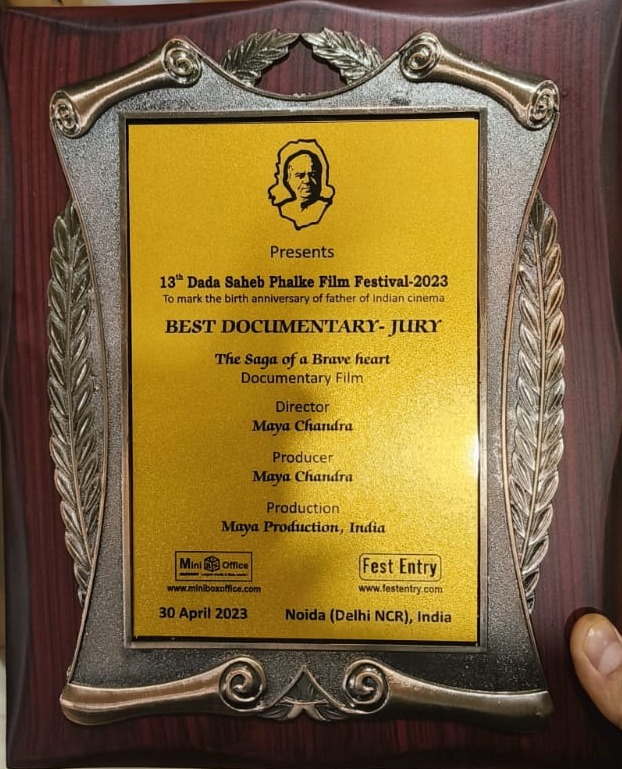Saga of a Braveheart 60+ Screenings
MAYA Films proudly celebrates the grand 75th screening of their...


By Suraksha Poojari | 23 September 2023
Film has always been a canvas for innovation, and creativity. In this blog, we will navigate through the realm of revolution of experimental films and understand the use of Avant-garde in documentary filmmaking. Avant-garde documentary films push the boundaries of traditional storytelling, and captures an immersive, experimental narrative which reshapes the idea of perceiving the world.
Avant-garde is an experimental and non-traditional approach to filmmaking. Rather than following a linear structure of storytelling it defies conventions, disrupts the norms and concentrates on visual and auditory elements. The concept of Avant-garde first appeared concerning art in France and was created by Henri de Saint-Simon. Concurrently in the 1920s artists like Man Ray, Marcel Duchamp and Fernand Leger introduced this to film.
In the Avant-garde movement, filmmakers boldly defy traditional cinematic norms. It prioritizes the exploration of complex concepts of emotions and leaves open-ended interpretation.

Avant-garde blurs the boundaries between reality and imagination, hence challenging viewers to engage on a profound level. Thereby making it an enigmatic and transformative experience in the world of film.
Documentaries are often called films capturing the real. The filmmaker’s focus is on telling compelling stories. The art of making documentary films began with the idea of “actuality films.” Because they captured snippets of real-life events, providing glimpses into everyday experiences, challenges and joys of people from diverse backgrounds. Documentary filmmaking is all about capturing real-life events, issues, and people. It aims to provide an authentic representation of reality, shedding light on various aspects of our world.
More about Documentary films: EXPLORING THE INTRICACIES OF DOCUMENTARY FILMS
Documentary filmmaking has evolved significantly over the years. From the early Lumière Brothers’ actualities to the groundbreaking work of pioneers like Robert Flaherty. Documentary films have continuously adapted to the changing landscape of storytelling. From early actualities to modern feature-length documentaries, this genre has continuously adapted to reflect the world’s changing landscape. India has produced a diverse array of documentary styles, including:
Documentary filmmaking contributes significantly to society by shedding light on important issues, educating the public, and preserving historical and cultural records. Hence requires in-depth research and fact checks.
In recent years, a new generation of filmmakers has embraced avant-garde techniques to craft unique documentary films. They challenge conventions and provide fresh perspectives on real-world issues, these Avant-garde documentary films can spark intense discussions and foster new perspectives.
Modern documentary filmmakers use avant-garde techniques such as abstract visuals, non-linear storytelling, and experimental soundscapes to engage viewers in unconventional ways. These techniques encourage audiences to think critically about the subject matter and immerse themselves in the narrative.
Avant-garde techniques adopted in documentary filmmaking include:
The documentary “Nammuru” adopts avant-garde techniques to portray the narratives of people residing in the village, Using surreal images to convey emotions, and exhibiting the rich culture and history of the village. The documentary series evokes a sense of yearning. The soundscape and the sound design are not just used for narration but are crucial elements in shaping the viewer’s experience.
Avant-garde documentary filmmakers treat their work as a form of art. They use creative and innovative approaches to convey powerful messages and evoke emotions. This artistic perspective adds depth and complexity to their documentaries, making them not just informative but also visually and emotionally impactful.
Avant-garde cinema and documentary filmmaking may seem like disparate worlds, but when they intersect, they create a dynamic and thought-provoking genre that challenges our understanding of reality and art. The fusion of avant-garde techniques with documentary storytelling allows filmmakers to push the boundaries of traditional filmmaking, resulting in immersive and transformative cinematic experiences. As the world of film continues to evolve, we can expect to see more groundbreaking avant-garde documentary films that challenge, inspire, and provoke thought, redefining the way we perceive and engage with the world.

MAYA Films proudly celebrates the grand 75th screening of their...

6th June 2023 The evening unfolded with an enchanting celebration...

In a moment that will forever be etched in our...